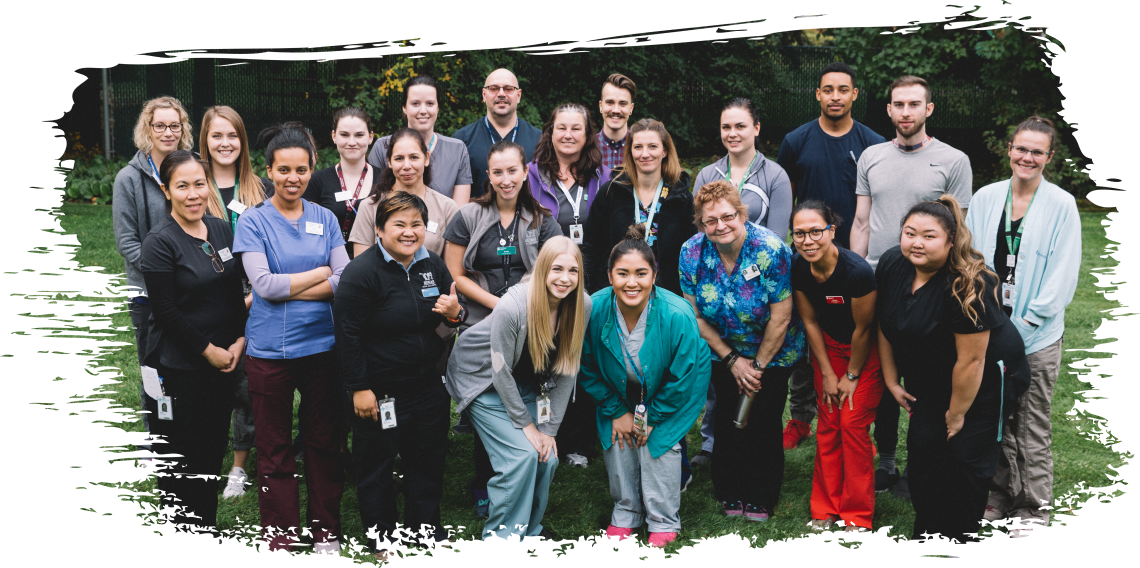

Surgical Processors, also referred to as medical device reprocessing technicians or sterile processing technicians, perform an essential service within the health care setting: the provision of safe surgical equipment. They assemble and provide surgical supply sets and carts as ordered for scheduled and emergency surgeries, and ensure equipment functionality and proper stock levels are maintained.
$23.51 - $26.80 per hour
Other benefits
Medical device reprocessing certficate
To learn more about a career as a surgical processor in our province visit Alberta Learning Information Services (ALIS).